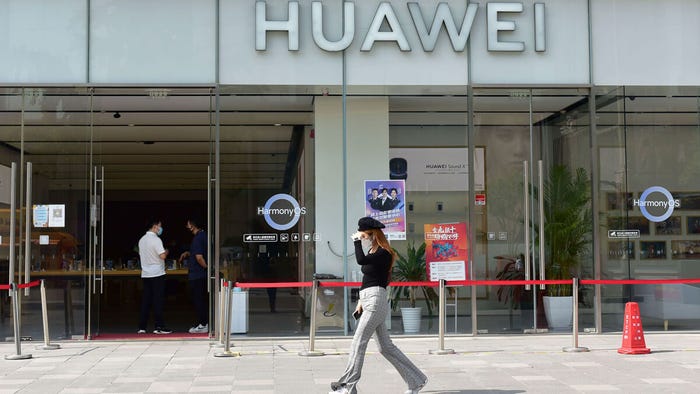
Nexfibre, the wholesale network joint venture between InfraVia Capital Partners, Liberty Global and Telefónica, has published a report calling for a more stable regulatory environment, sustainable competition and less fragmentation within the UK fiber market. Calling on regulators and policymakers to "restrain anti-competitive behaviour from the incumbent" (BT/Openreach in this case), it dismisses the number of smaller alternative network providers (altnets) as unsustainable. "The economics of fixed infrastructure mean there can be only a small number of viable network operators," says the report, adding that financial pressure on altnets is increasing due to "low customer uptake rates and the economic environment." Earlier this year, Virgin Media O2, which is Nexfibre's anchor tenant, unveiled plans to establish a new fixed-line "NetCo" that would act as a wholesale challenger to BT Openreach and a spur to greater consolidation within the FTTP market.
APIs: They're the new rock 'n' roll. Honest. The latest combo to join the party is Telefónica and Nokia, who have agreed to jointly explore ways of using 5G standalone's particular network API capabilities to support developers in creating new applications for consumer, enterprise and industrial customers. Telefónica will harness Nokia's NEF (Network Exposure Function) offering to enable developers to access the operator's 5G smarts, such as precise device location and enhanced notifications based on connectivity status.
Also in vogue are network energy-saving measures, and Ericsson is throwing its hat into the ring with its Site Energy Orchestration software which, says the vendor, acts as an "intelligent bridge" between the radio access network (RAN) and power grids, enabling service providers to cluster their network sites as a "virtual power plant." Danish operator TDC NET and the Netherlands' Odido have already signed up to use it.
Telefónica's IT services subsidiary, Telefónica Tech, has completed another part of its managed services contract with Encompass, the health and social care program that is aiming to create a single digital care record for every citizen who receives health and social care in Northern Ireland. Belfast Trust went live this month, replacing paper records with the new digital patient record system. Telefónica Tech employs 330 people in Belfast to support the rollout of the program.
Proximus is offering Wi-Fi 6E technology to its Ultra-Fiber customers, claiming that it's the first operator in Belgium to do so. The technology, an extension of the Wi-Fi 6 standard, is intended to ensure that connected devices are automatically redirected to the appropriate frequency band according to their compatibility, type of use, proximity to the router/any Wi-Fi boosters and prevailing network conditions.
Vodafone UK has introduced Secure Net Home, a package of parental controls and virus protection, for its high-end Pro II braodband customers. The product joins Vodafone's existing Secure Net Mobile offering: both of them can be managed via Vodafone's Secure Net app.
Telecom Italia (TIM) has announced that the sale of its fixed-line network (NetCo) to US investment firm KKR will close on July 1.
Arm, the SoftBank owned but UK-based chip design company, has joined the Nasdaq-100 Index, a collection of the top 100 largest and most actively traded companies on the Nasdaq exchange.
Read more about:
EuropeAbout the Author(s)
You May Also Like














